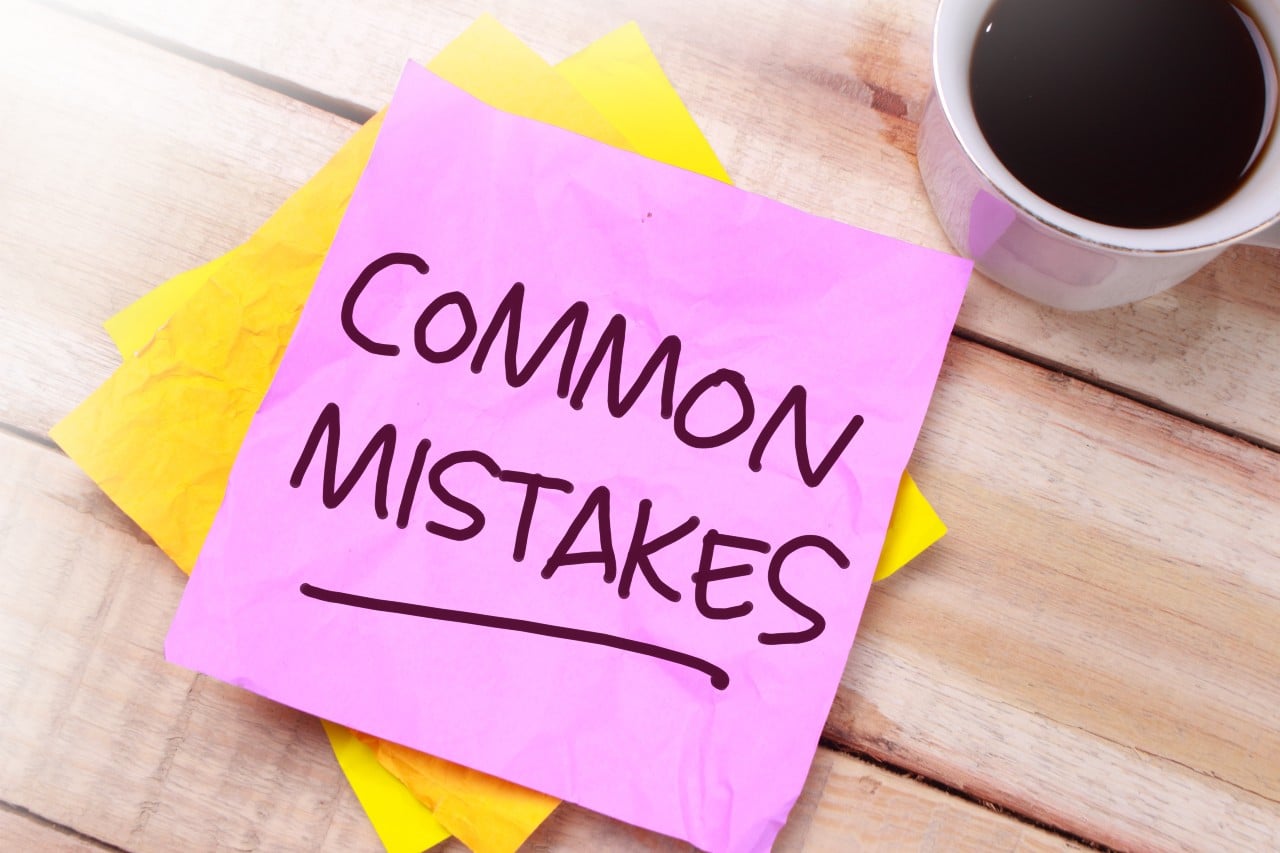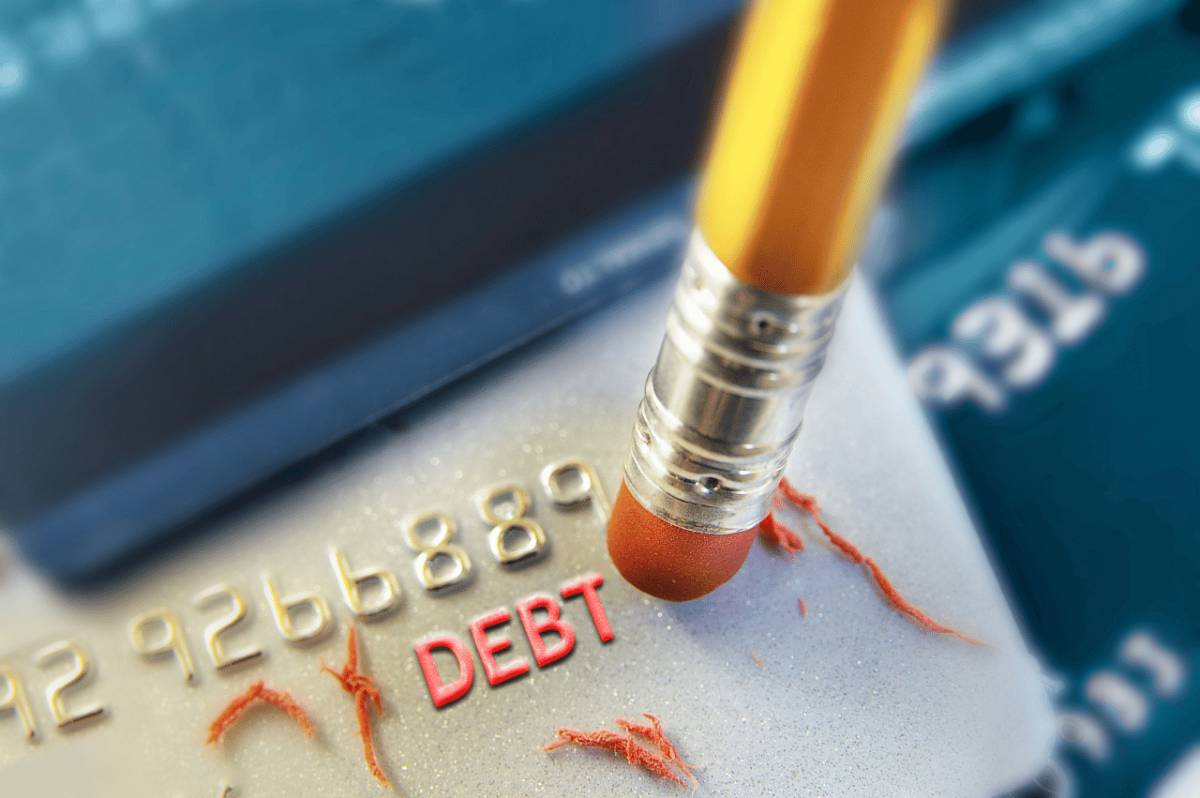You need to have bank accounts. At least a chequing account, an emergency fund account, and a savings account. It’s not unusual for someone to also have an RRSP and a TFSA, and a couple of credit cards. Maybe more. The fees for using these can add up to hundreds of dollars a year!
How Much The Average Canadian Waste On Fees
Basic account fees typically start at $3.95 a month, but you don’t get much flexibility for transactions with that. A chequing account that costs $14.95 a month will offer more services, but are they what you need?
It’s hard to say what Canadians waste on fees because everyone needs different services. What would be a waste for one person is a perfect fit for another. Let’s look at some fees you could be wasting your money on, so you can decide what’s worth the cost to you.
Common Fees
Most Canadians pay many of these fees. Some are always a waste, whereas others are a reasonable choice to get the services you need.
Monthly Bank Account Fees
Most banks charge a fee to keep your account open and give you a list of included and extra services you can access. While considering the cost of having an account is an important consideration, it’s not where money is wasted. The best place to look for wasted cash is unused services.
The lower the fees, the fewer the services, and the more likely you’ll have to pay extra for things like e-transfers or using the ATM. Are these extras really worth the cost to you or are they more of a “just in case I need it” scenario?
ATM Fees
Many bank accounts include several Interact ATM transactions to withdraw money. Using another bank’s ATM is a different story. Most banks charge non-clients between $2 and $5 to use their ATM. Even more, if you use a machine outside of Canada.
Non-Sufficient Funds (NSF) Fees
NSF fees vary, but Canada’s big six banks charge between $45 and $48. Plus, the recipient’s bank may also charge you. Be careful with auto payments! Make sure you have sufficient funds in your account, or it will be costly!
Overdraft
Your bank probably offers overdraft protection. By paying a fee your account is protected from a non-sufficient funds situation. Although overdraft fees are not ideal, they are usually less than NSF fees. You may need to pay a flat fee, plus interest, often over 20% /year.
Overall, it’s best not to overdraw your account. That being said, going into overdraft is often the better option if the alternative is to have a payment bounce (NSF).
Foreign Transaction Fees
Travelling out of the country or making an online purchase in a currency other than Canadian dollars can be costly. Foreign transaction fees are usually 2.5% to 3% on every transaction, over and above the exchange rate.
Card Replacement Fees
If you lose your debit or credit card, the bank will likely charge you a fee for a replacement. This also applies if your card is stolen.
Paper Statements
Canadian banks now charge you between $1 and $5 to print your bank statement and send it by snail mail. You can access your statements online for free.
E-Transfer Fees
E-Transfers are a great way to send money quickly and easily to anyone with a Canadian bank account. That convenience can come at a cost. Some higher fee chequing accounts include some e-Transfers, so check yours. If do enough transfers to make the extra cost of adding more e-Transfers to your account go for it. Otherwise, it’s time to cut out the extra expense.
Credit Card Interest
Of course, if you do not pay your credit card off, in full, before the due date, you’ll pay credit card interest. The interest rates on consumer credit cards are very high, with an average of 19.99% in Canada and many as high as 29.99%.
Late Payment Fees
If you make bill payments late, you probably pay late fees, too. Cellphones, mortgages, car loans, utilities. You name it. If there’s a due date, there’s probably a late fee if you miss it.
Credit cards may up your interest rate if you pay late. Paying late costs more and hurts your credit rating, making the next thing even more expensive.
Tips For Finding And Eliminating These Fees
Most importantly, check over your credit card and bank account statements. Are there any charges that look like extra fees?
Credit Cards
Look at the charges on your credit card statement over the past few months. What do you see?
- Did you make the minimum payment when you could have afforded more? Remember, you could use the credit again next month if you pay it down this month. By making only minimum payments and carrying a balance you end up paying a lot of interest, and your balances quickly balloon.
- Prioritize paying the debts or credit cards with the highest interest rate.
- Make your payments on time, every time.
Bank Accounts
Look at the charges over the past several months on your bank account. What fees do you see?
- If you see recurring fees, check if your bank offers an account that includes those transactions. It may be better to pay an extra couple of dollars a month to have them included.
- Consider a foreign currency account if you travel or make frequent online purchases from other countries.
- Are you making late payments? Set up an autopay for your bills for at least the minimum payments.
- See if a minimum balance in your account could get you a rebate on your fees. Sometimes the rebate is more than you would make even in a high-interest savings account.
- Check out online-only bank accounts. They often have no monthly fees and free e-Transfers. Some offer TFSAs and RRSPs too.
- Do you have overdraft protection to eliminate the risk of NSF payments? if so, do you need it? If not, would it make sense to get it?
Other Accounts
Check your utility bills, cellphone bills, and other payments and find ways to pay by the due date and not incur late fees.
Conclusion
The best advice to help you stop wasting money on fees is to watch closely. They add up quickly! These fees are often small so they can easily slip by unnoticed.
If you need help from a credit counsellor, contact us today for additional advice.










